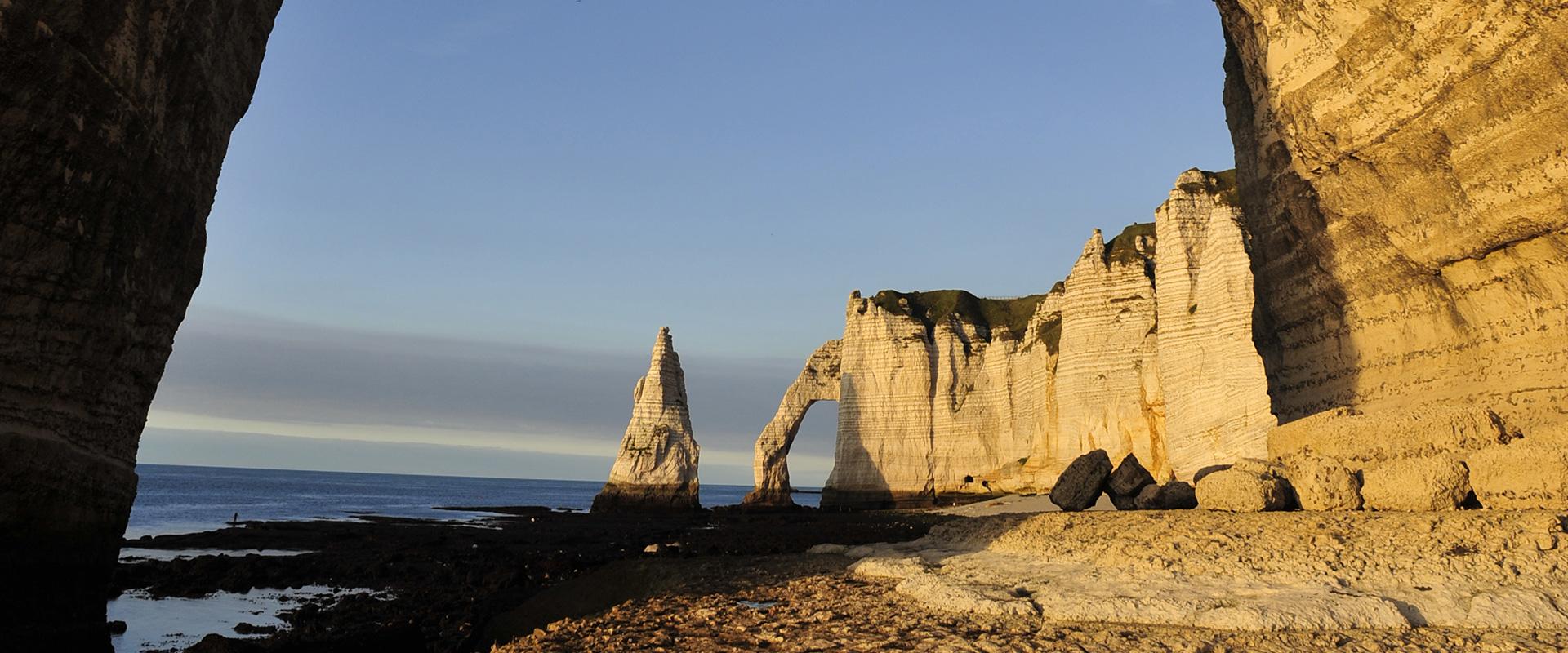Discover the words of the President of BRGM
Transcription
Opening up to society of public institutions involved in research, expertise and evaluation of health and environmental risks A few words about BRGM. BRGM is the French geological survey. Its role is to use research, expertise and innovation for all, for sustainable management of the resources and risks of the soil and sub-soil. When we say "for all", that means "for society". We must give answers to important societal issues: adapting to climate change, water resources, risk management, supply of mineral resources, whether they be mined or from a recycling process. What are BRGM's motivations to continue this opening up? Science-society dialogue is essential for institutions like ours, so that our research is used for society. An institution like ours must be able to explain what geosciences can give to citizens and to explain what they can't. When you're asked questions to which there is no answer, don't hesitate to say so. We must always come back to what science can or cannot say. How does BRGM's science-society dialogue work? Our approach is to ask our regional directors or overseas representatives to regularly organise meetings with NGOs, associations for the protection of the environment and to talk with them about their observations. That enables us to take into account their questions for our own scientific programming, and to highlight concrete cases that we have been able to resolve thanks to our research results. What are your future plans? Our plans are to continue to dialogue with society and to strengthen this dialogue. Since 2014, we have invited NGO representatives to participate in our governance bodies, the ethics committee in particular, but I don't think BRGM expresses itself enough on societal issues, and that in debates in media or on television, we should explain what geoscience has to say about societal issues. We respect our supervisory ministries. We are not here to make political choices. We are here to explain what geoscience has to say in the debate.
Society is raising more and more questions about soils, subsoils and their resources: resource uses and management, environmental practice and heritage management, preventing risks to people and property, conflicts between uses, etc.
The BRGM conducts expert studies to support informed policy decisions and organises meetings for exchanges with civil society representatives.








In collaboration with ANSES, IFREMER, INERIS, INRAE, IRSN, the Gustave Eiffel University and Santé Publique France, BRGM took part in redrafting the Public Outreach Charter of public institutions involved in research, consultancy and the assessment of health and environmental risks, signed in 2016. The new version was signed on 27 November 2020.